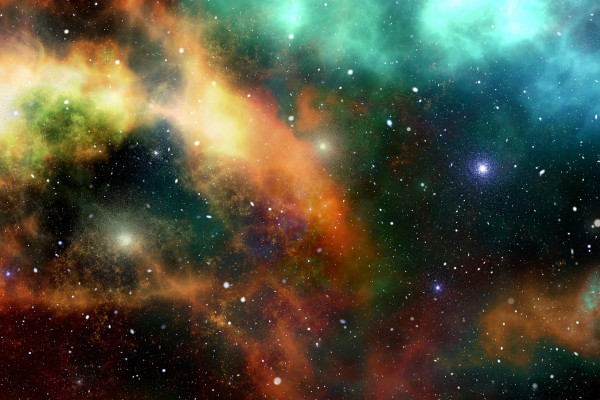How does travelling at lightspeed affect time?
Interviews about Space Science
Interviews about space science, astronomy, rockets, planets, galaxies, stars...
Featured
Australian radio astronomers are asking volunteers at home to donate computer power to help process their data.
In recent years, its become clear that the Moon has much more water beneath its surface than previously thought. Where...
As our closest celestial neighbour, the Moon is an ideal place for testing new technologies in space.
Robert Massey from the Royal Astronomical Society gave me a round-up of the latest astronomy news.
We speak to the team behind one of the oldest citizen science projects - Galaxy Zoo
Some theorists think life could have started on Mars, and have come to Earth on a meteorite. But is that feasible?
If life on Mars died out billions of years ago, what chemical tracers might still survive?
Earlier in the year, some hoped that a comet as bright as the Moon might be visible this autumn, but now many are more...
Robert Massey gives us a round-up of this month's astronomy news
By dating stars and looking at how they're moving, astronomers are trying to work out where the stars of the Milky...
By dating stars and looking at how they're moving, astronomers are trying to work out where the stars of the Milky...
Astronomers are starting to glean some first clues as to what the atmospheres of planets circling around other stars...
Astronomers are starting to glean some first clues as to what the atmospheres of planets circling around other stars...
Flashes of gamma-ray radiation in the sky have puzzled astronomers for decades, but some may be caused by collisions...
Flashes of gamma-ray radiation in the sky have puzzled astronomers for decades, but some may be caused by collisions...
The Gaia spacecraft, scheduled for launch by the European Space Agency this autumn, will make the most detailed map of...
The Gaia spacecraft, scheduled for launch by the European Space Agency this autumn, will make the most detailed map of...
What can we learn from huge surveys of the sky?
How do we know dark matter exists and how do we detect it?
Can the need for dark matter in cosmology be escaped by modifying the laws of gravity?
What do we know about dark matter and dark energy? Catherine Heymans gives me an update.
Until now, it was thought red dwarf stars could host habitable planets. But are their solar winds too strong?
What can we learn from huge surveys of the sky?
With his own telescope Tom Boles has personally discovered more supernova than any other human in history. I asked him...
